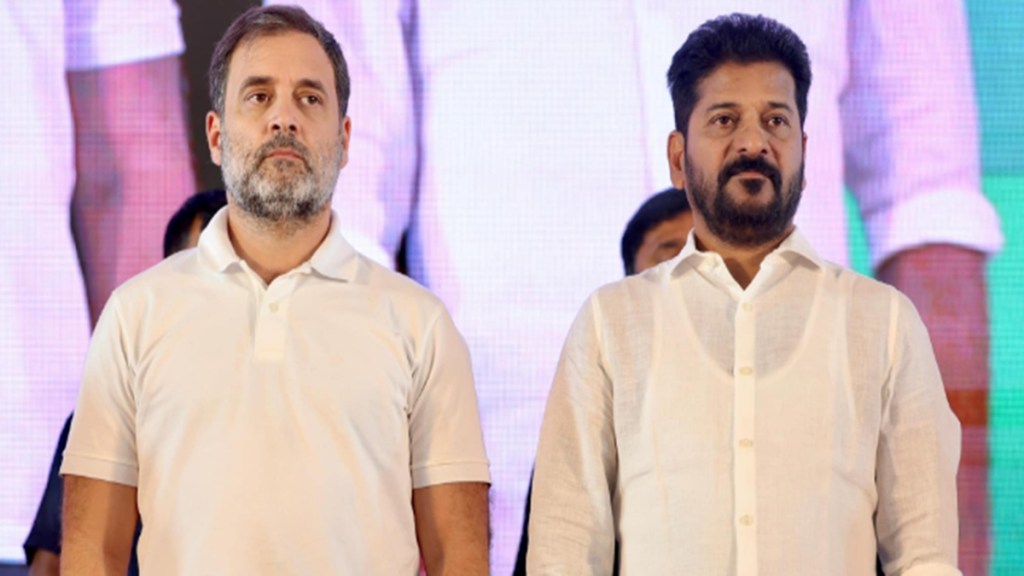The Telangana government’s much-anticipated caste survey, a key election promise made by Congress leader Rahul Gandhi, officially began on Wednesday. The comprehensive survey will assess socio-economic, employment, political, and caste-related data across the state.
Training has been provided to the personnel conducting the survey, which is expected to be completed by the end of November.
State Transport Minister Ponnam Prabhakar launched the survey at the Greater Hyderabad Municipal Corporation (GHMC) office, urging citizens to cooperate with enumerators and provide accurate information. “The data will remain confidential, and the goal is to address inequalities and ensure equal justice for all,” Prabhakar said.
State IT Minister D. Sridhar Babu highlighted that the survey would help the government design targeted welfare and development programs for different sections of society.
Congress leader Rahul Gandhi, who attended a Telangana Congress meeting on the caste survey on November 5, reaffirmed his commitment to making the state a model for caste-based data collection. He acknowledged that while the survey may have some initial shortcomings, these would be addressed.
In addition to the survey, the government has appointed a one-man commission, led by retired IAS officer Busani Venkateshwara Rao, to carry out an empirical inquiry to identify backward classes for local body reservations.
Following the Supreme Court’s recent ruling allowing the sub-classification of Scheduled Castes (SCs) and Scheduled Tribes (STs) for reservations, leaders of the Backward Classes (BC) community in Telangana have called on the state government to conduct a separate survey for BC castes. They are advocating for the delegation of quotas based on the numerical strength of each community within the BC category, reports The Indian Express.
Scheduled Castes (SCs) and Scheduled Tribes (STs) representatives in Telangana have also for a separate survey to assess the numerical strength of various sub-castes within SCs and STs. They argue that this will help ensure that government benefits, including job allocations, healthcare, and educational opportunities, are more effectively targeted to the most vulnerable groups within these communities.


